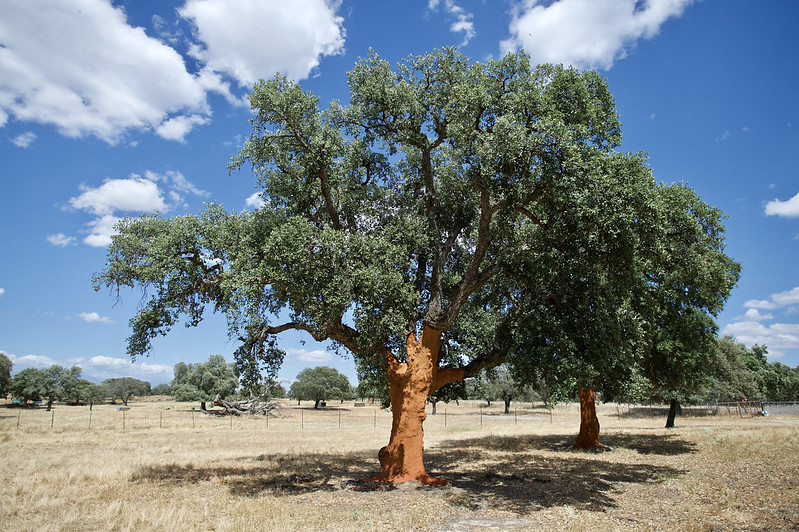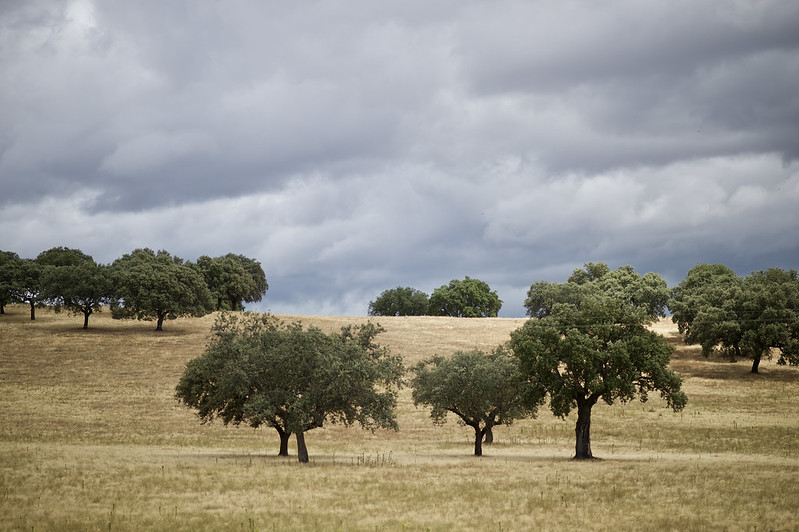Forest genetic resources
Background
The working group (WG) on forest genetic resources (FGR) is led by Italy. The WG was revived in 2008 at the Twentieth Session of the Committee in Sofia as the continuation of the research network established in 1987 at the Thirteenth Session of the Committee in Zaragoza.
In the early 1970s, many initiatives were launched by the various states of the Mediterranean basin regarding the exchange of forest seeds and the establishment of plantations to compare species, provenances and progeny. Such initiatives sought to identify the sources of the seed most suited to local environmental conditions and increase the success of reforestation and forest and environmental regeneration by the choice of appropriate species and provenances.
In 2002, many trials on Mediterranean species (pines, cedars, firs and cypresses) were established under a joint initiative of Silva Mediterranea and the International Union of Forest Research Organizations (IUFRO). Currently, the working group is supporting the IUFRO task force "Strengthening Mediterranean Nursery Systems for Forest Reproductive Material Procurement to Adapt to the Effects of Climate Change" with the general objective of establishing a regional strategy for conservation and sustainable management of FGR, for which it is necessary to:
- enable Mediterranean countries to develop FGR conservation and management systems in accordance with European Union directives for the Organization for Economic Co-operation and Development scheme; and
- strengthen technical skills in the monitoring and management of forest reproductive material to keep its genetic variability intact and use it appropriately throughout the nursery supply chain as well as on plantation sites.
Description
The WG deals with the management and valorization of FGR in the Mediterranean region through a shared approach among countries to better cope with the threats to forest biodiversity deriving from climate change.
Genetic diversity provides the fundamental basis for the evolution of forest tree species and their ability to adapt to changes. Conserving FGR is therefore vital, as they are a unique and irreplaceable resource for the future.
Forest genetic resources management can be effective only if treated as an integral element of overall sustainable forest management. Conservation concerns should be integrated into broader national and local development programmes, such as national forest programmes, rural development plans and poverty reduction strategies, which promote cooperation across sectors. However, a lack of information limits the capacity of states and the international community to integrate FGR management into overall fundamental policies. It is recognized that reliable general data on forest status and trends is of great importance to the efficient management of FGR. Forest-related information, however, largely refers to general forest resources rather than to forest diversity and variation. The availability of current and specific information on the status and trends in FGR is woefully inadequate, although some progress has been made at the national and sub-regional levels in the past decade.
Objectives
- to discuss the role of forest genetic resources and diversity in adaptation to climate change, with special reference to the Mediterranean region (where woodlands and rangelands are considered together with forest ecosystems);
- to consider the incorporation of conservation and management concerns of forest genetic resources into national strategies to address climate change;
- to identify research and training needs in forest genetic resources management in the context of climate change in the Mediterranean region; and
- to assess the availability of forest genetic resources information and prepare for Mediterranean contribution to the first State of the World’s Forest Genetic Resources report.



